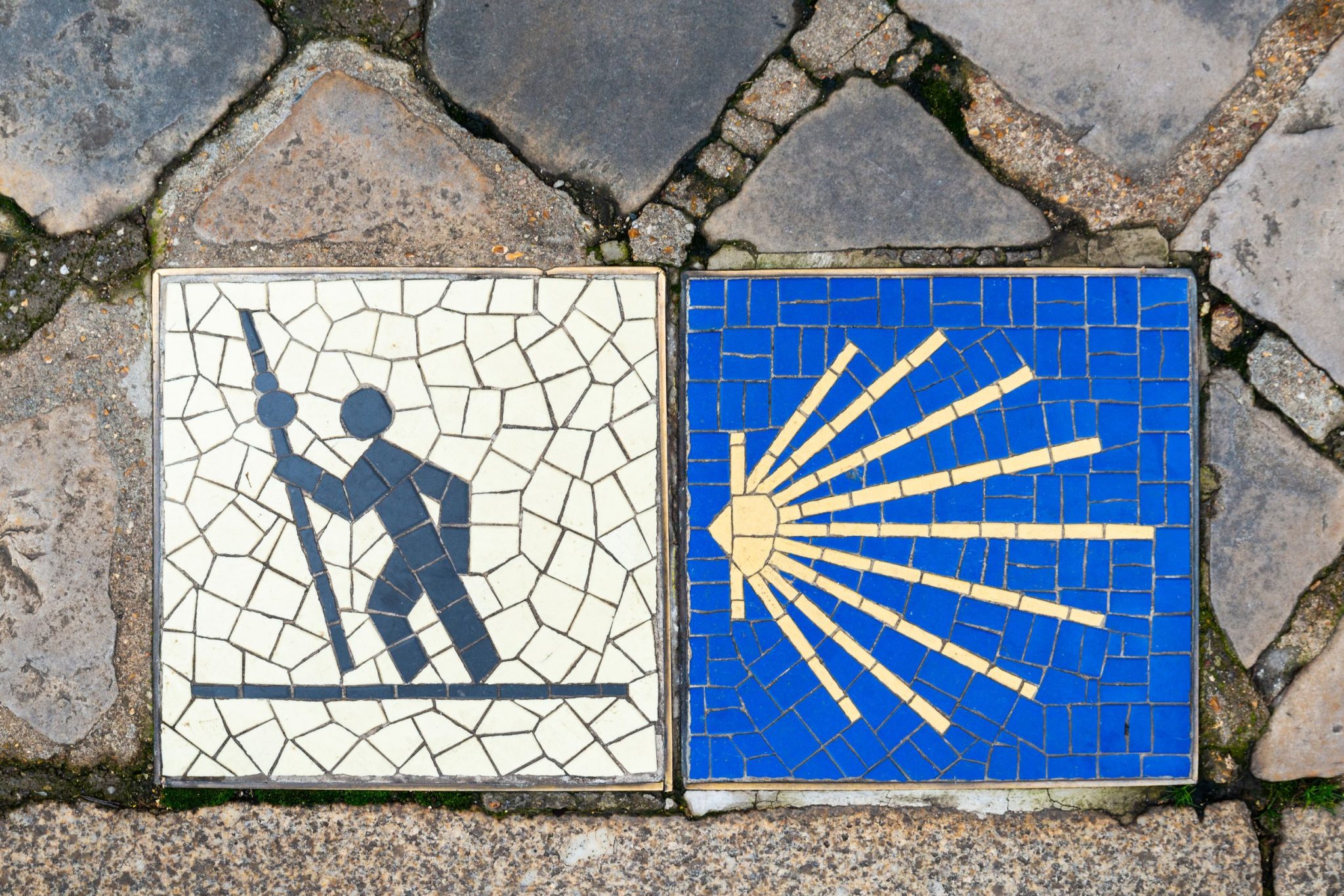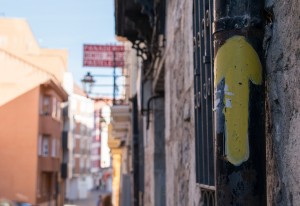The Compostela is a certificate awarded to pilgrims who complete the Camino de Santiago, a centuries-old pilgrimage route that crosses Europe and ends in the city of Santiago de Compostela, Spain. This document represents more than just a piece of paper; it symbolizes the effort, reflection, and experiences of those who travel at least the last 100 kilometers on foot (or 200 kilometers by bicycle) to the tomb of the apostle Saint James the Greater.
Origin and History
The tradition of the Compostela dates back to the Middle Ages when this document began to be issued as proof of having made the pilgrimage to Santiago. At that time, the Compostela also served as a sort of “passport” that provided protection to pilgrims during their return journey home. Today, while it has lost its protective function, it remains a powerful symbol of each pilgrim’s personal and spiritual journey.
Requirements for Obtaining the Compostela
To receive the Compostela, pilgrims must meet certain requirements, including traveling the last 100 kilometers on foot or horseback, or 200 kilometers by bicycle, to Santiago de Compostela, and doing so with a spiritual or religious motivation. During their journey, they must stamp their “pilgrim’s credential” at churches, monasteries, hostels, or town halls as proof of their passage through the various stages of the route.
Meaning and Personal Value
Obtaining the Compostela marks the end of a journey that is both physical and introspective. For many, reaching Santiago and receiving this document concludes a personal chapter, a moment of introspection, and, in some cases, transformation. The route to Santiago is not only a physical challenge but also an opportunity for reflection, meeting people from all over the world, and engaging with the rich cultural heritage of the regions through which the Camino passes.
The Compostela Today
Currently, the Pilgrim’s Office in Santiago de Compostela is where the Compostela is issued. This document is given in Latin and certifies that the pilgrim has completed the Camino de Santiago for religious or spiritual reasons. Despite technological advances and societal changes, the tradition of the Compostela has remained steadfast, attracting thousands each year who seek to experience this unique journey.
The Compostela continues to be a testament to the resilience, faith, and personal quest of those who decide to embark on the Camino de Santiago. Beyond religion or spirituality, obtaining this document symbolizes the culmination of an extraordinary journey filled with challenges, learning, and meaningful encounters, forever etched in the memory of the pilgrims.












